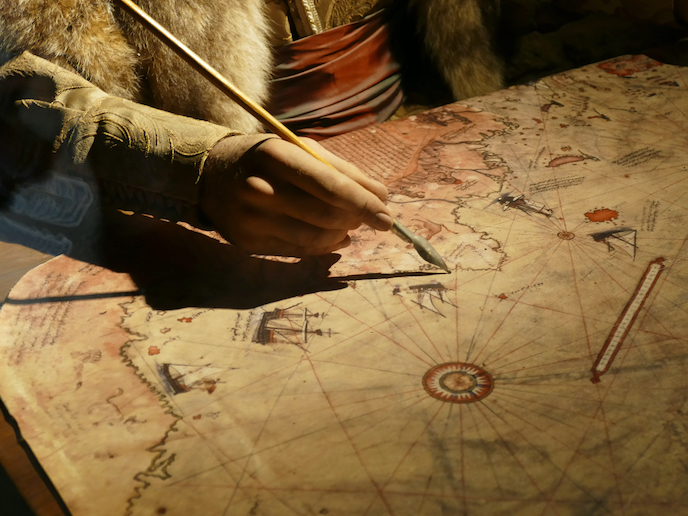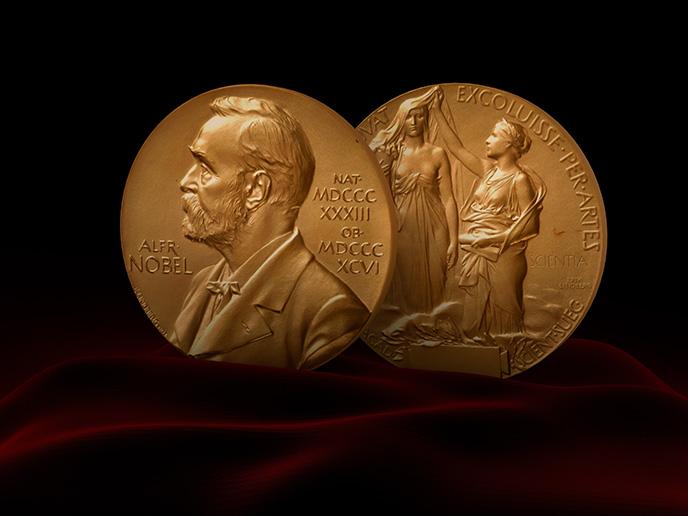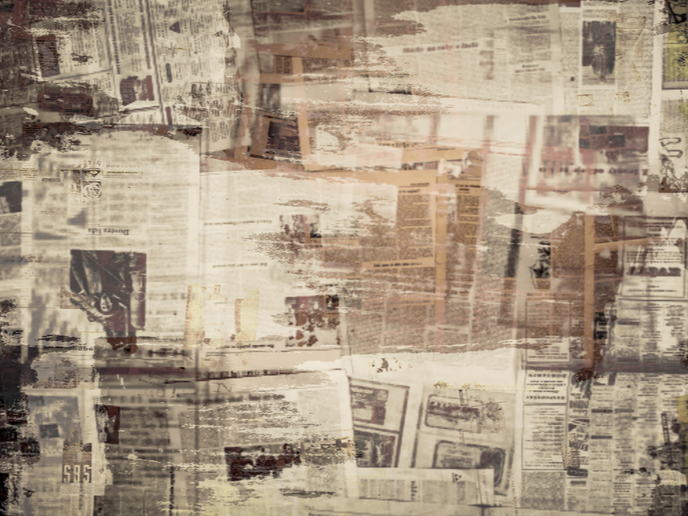How Ottoman literature helped shape how we think of the Mediterranean
Ottoman literature has often been studied either as the precursor to modern Turkish literature or as part of Islamic Middle Eastern literature. By situating it in a wider Mediterranean context, the Marie Skłodowska-Curie Actions supported OttMed project revealed Ottoman literature’s more varied connections and influences. OttMed traced how Ottoman literature in the 19th and early 20th century reflected key developments such as the impact of global capitalism and the Ottoman Empire’s demise. Through subjects such as migration, exile and Westernisation, Ottoman literature helped shape the modern Mediterranean. “This period witnessed transformations that gave rise to current Mediterranean political and cultural dynamics, including the emergence of nation states,” explains Ceyhun Arslan, Marie Skłodowska-Curie research fellow from Koç University, Istanbul, the project host. “Literary analysis can highlight issues that quantitative analysis often overlooks, revealing the concepts and ideas that shaped the cultural and political elite.” Two papers have already been published in the Journal of Mediterranean Studies and Journal of Arabic Literature, with more pending.
Vantage points and flashpoints
OttMed involved a close reading of literary works from diverse linguistic traditions. As well as Ottoman Turkish this included French, Arabic and Karamanlı, which is Turkish written in the Greek alphabet. Each reading described the region from specific geographic and cultural vantage points including Alexandria, Algeria, Istanbul and Malta and Marseilles. These cultural centres became crossing points which hosted different literatures and historical trajectories. “I brought together writings about different monuments, cities and countries, that were often studied in separate disciplines,” adds Arslan. “This confluence of perspectives helped me better understand how a place like the Hagia Sophia, which has been both a mosque and a church, becomes totemic. Through Byzantine, Arabic, Ottoman Turkish and Italian writings from the 6th century to the present day, I was able to trace how it became viewed as a symbolic crossing point between the civilisations of East and West.” While the authors of interest travelled extensively throughout the Mediterranean, scholars have typically focused on their writings about their own national cultures and histories. Yet, they often feature the Mediterranean itself as a site of historical change and cultural interaction. OttMed found that many texts evidenced a keen awareness of the rich and complex history of the Mediterranean, as the region faced economic and political shifts in the 19th century. “Many Ottoman authors such as Namık Kemal and Ziya Gökalp were political exiles on islands like Cyprus and Malta. Even those who weren’t exiled often expressed a sense of discomfort and anxiety about the shifting political borders and the development of port cities,” says Arslan. OttMed also drew on works from diaspora, postcolonial and migration studies to examine unequal power dynamics among diverse Mediterranean cultures. However, Arslan warns against considering East and West as two strictly defined categories, which overly simplifies. According to OttMed, late Ottoman authors were not always simply victims of imperialism, as they sometimes drew on imperialist discourse.
Communal memories
OttMed involved extensive archival research in libraries such as those of Istanbul and Beirut, while also making use of digital collections, such as the Turkish National Library collection. Arslan is now working on two books which draw on OttMed’s research. The first, an in-depth analysis of late Ottoman and post-Ottoman Turkish and Arabic works, demonstrates how authors forged their cultural vision from interpretations of Ottoman literature’s multilingual and cosmopolitan heritage. The second, further examines the Mediterranean’s cultural vantage points, from places such as Malta and Istanbul.
Keywords
OttMed, Mediterranean, Ottoman, Turkey, Byzantine, literature, Hagia Sophia, exile, writing, Karamanli







